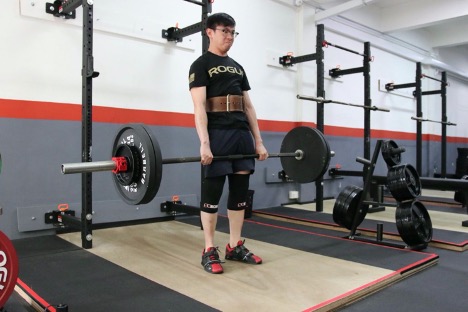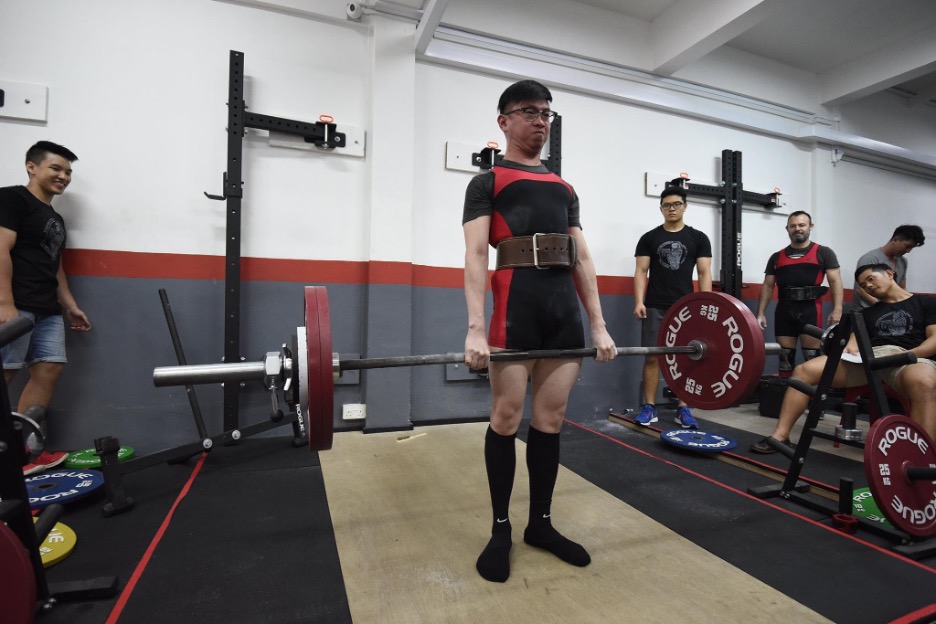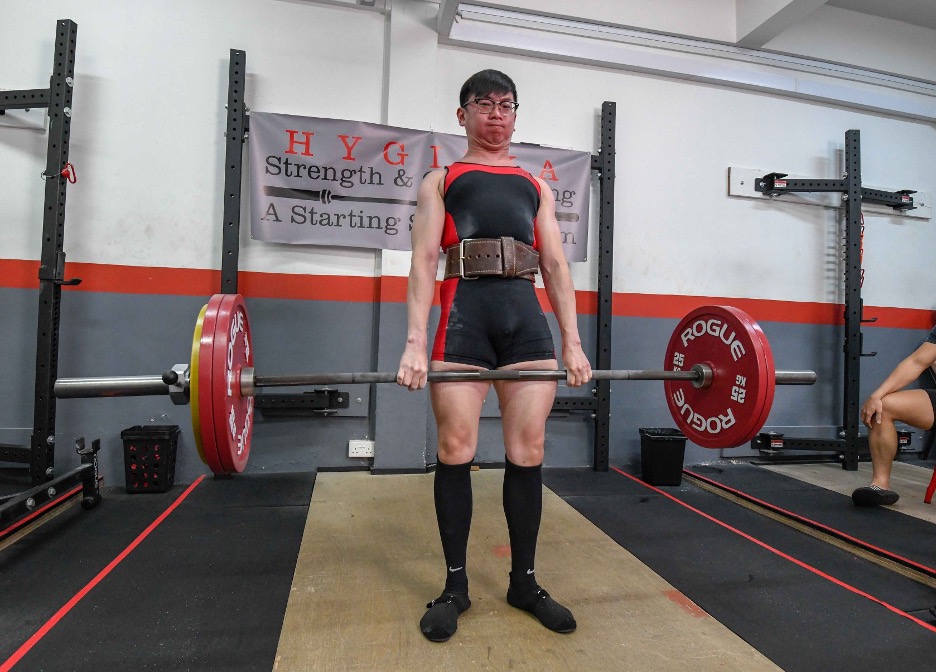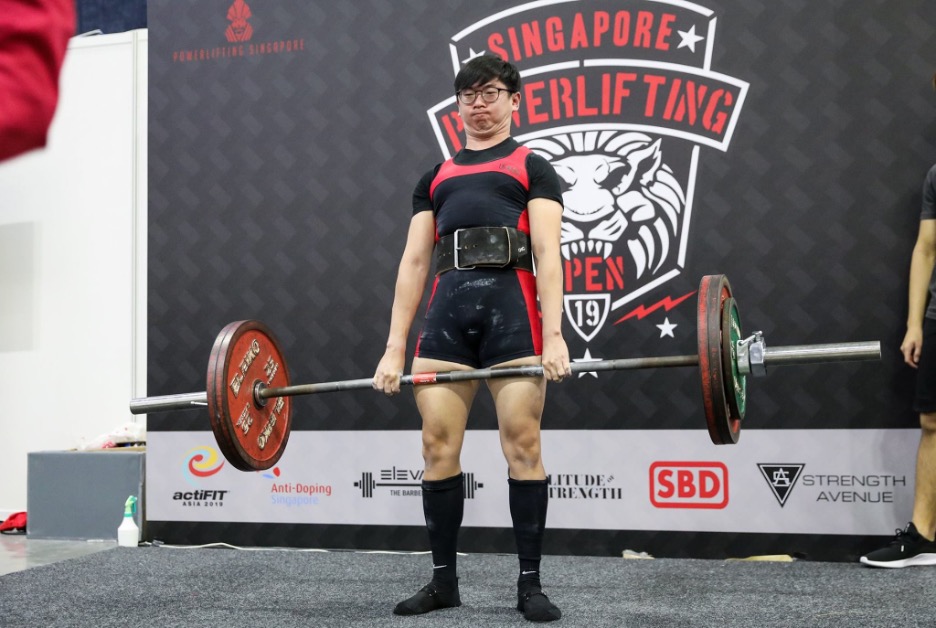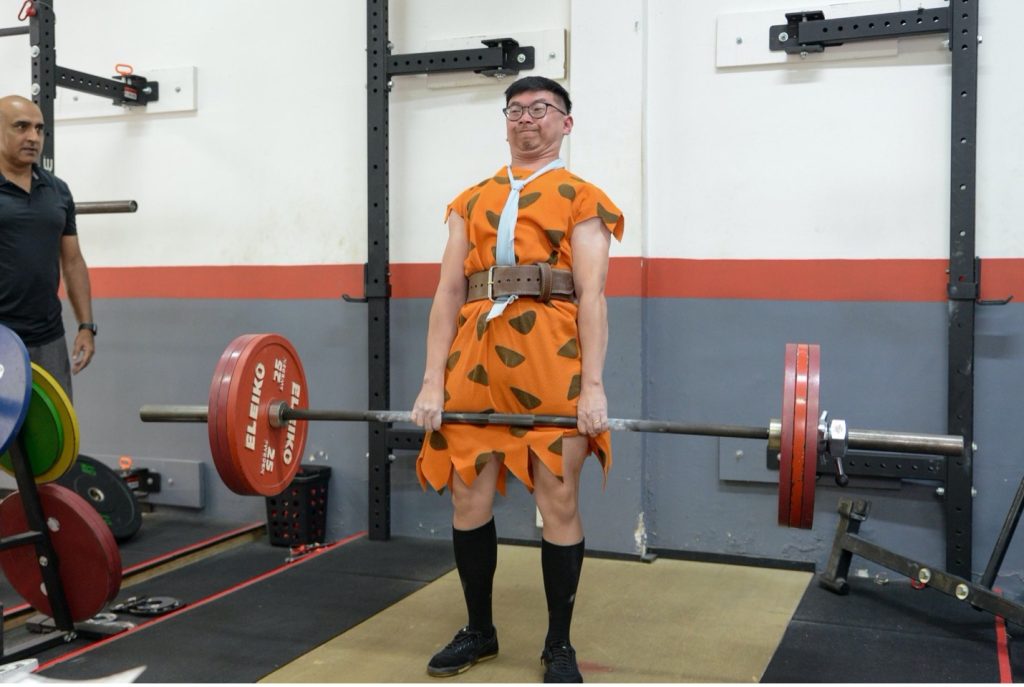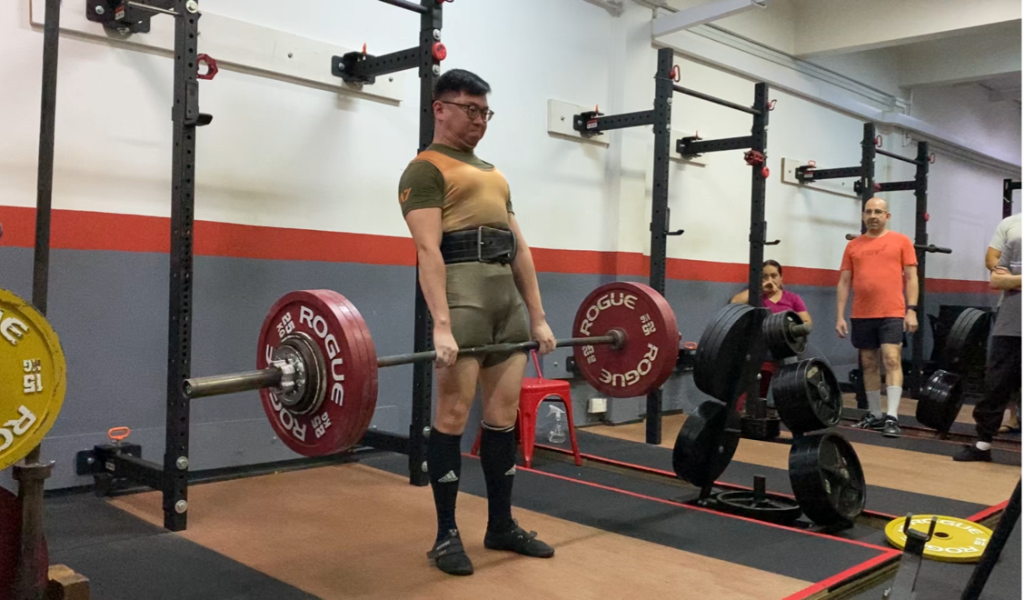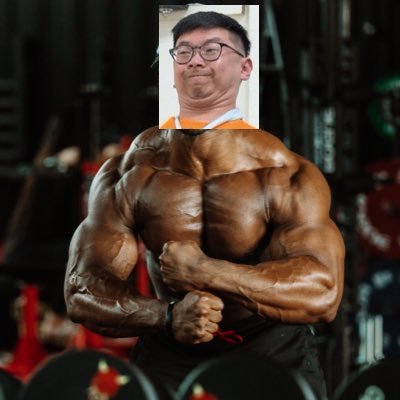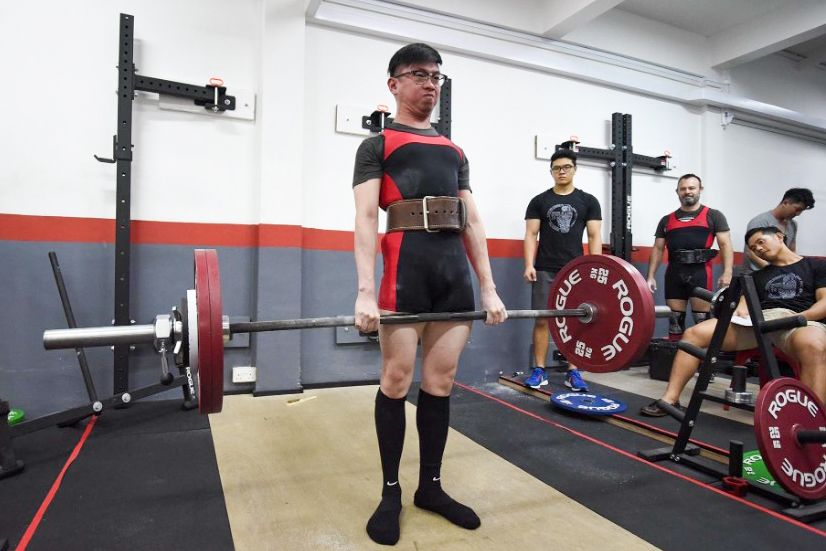
Before I started barbell training in 2015, I weighed around 54kg. I was small and skinny, and my goal was to gain mass and become more muscular. Being bigger and muscular looks better, right?
Now being muscular to me was not this:
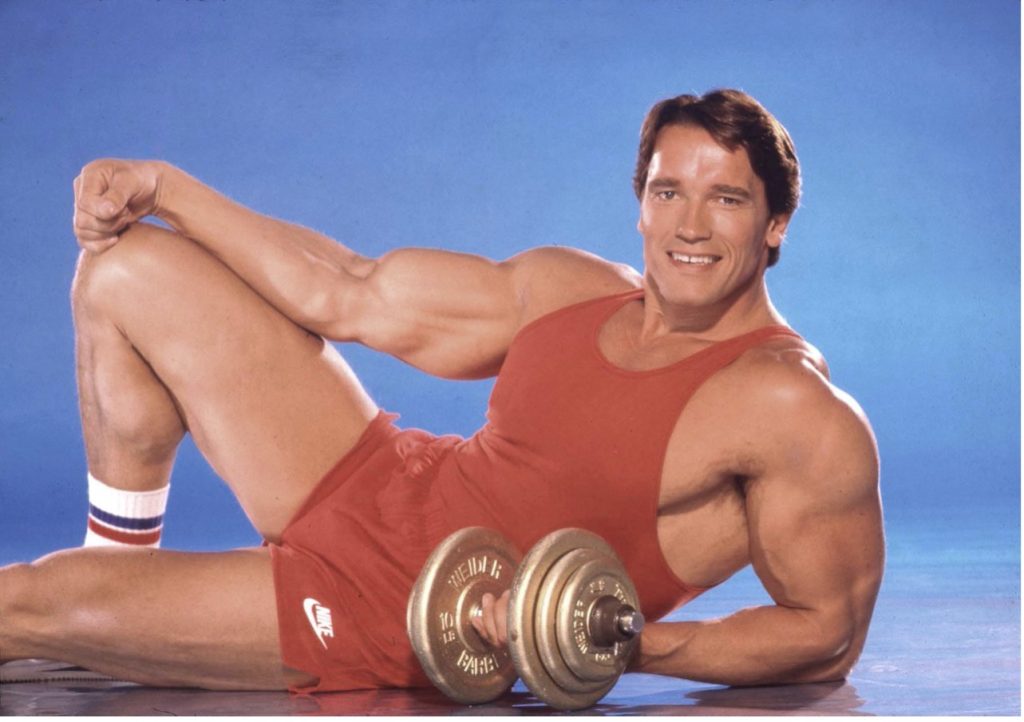
It was more of looking like this:

That “lean muscular” look has become trendier nowadays. So naturally, I panicked when I started to lose my sixpack. I panicked when the weighing scale showed that my body fat percentage was over 20%. I also panicked when my BMI began to indicate that I was “overweight.”
Being paranoid, my next thought immediately jumped to –
Should I do more cardio?
Should I cut my weight?
Should I start to diet and eat less?
The answer is NO!
To all skinny dudes, the hard gainers of the world, people who are force-feeding themselves to get 0.5kg heavier – if you are having doubts about gaining mass will ruin your “athletic” look. Repent!
Pick up your spoon and eat. Pick up the bar and do your fahves!
Anyways, since I am past this insecure stage, let me tell you that I don’t have any visible six-pack. My body fat percentage is beyond 20%, and I am also overweight (according to BMI standards) BUT I look way better than when my bodyfat was at 14.5%. Trust me! My wife agrees. I received compliments that I had never when I still had my sixpack (because people can’t see it, duh).
Body fat percentage
This is one of the goals that tends to come up repeatedly when clients state their fitness goals.
Let me tell you a story about a former client. Of course, you won’t believe it, but trust me, I’m not making this up.
This guy in his 50s, 170cm tall and weighed about 55kg. His goal is for once in his life to get his body fat below 10% body fat and look like a muscular bodybuilder. After two separate readings in different gyms, he found out that he has achieved his goal – his body fat was at 9.9%. He couldn’t believe it! So he said, “If I’m at 9.9% body fat, why don’t I look like a bodybuilder?”
What’s the body fat percentage of hungry kids in 3rd world countries? Do they look like bodybuilders? The answer was simple – yes, looking like a bodybuilder requires having low body fat but more importantly, requires having enough muscle mass.
It’s not that body fat percentage is useless to check, but there should be context. For example, if you want to look strong and athletic, you need some muscle mass!
Lean and muscular, and the practicality of six-pack abs
Suppose you want all of this to look more attractive. Would you please answer me honestly? How often are you topless or even naked in front of someone who can potentially be your mate?
If you have a normal lifestyle, I can’t think of many occasions where I’m topless in public. We are fully clothed most of the time. So, it might not be the end of the world if your six-packs start to fade due to a little adipose tissue.
If you want to look good, be practical! Try to look good while fully clothed since you spend the most time doing so.
The last time I checked, girls check out your ass, not your abs! 😂
When to stop gaining more weight? And why should you not worry about being “too chubby”?
The answer is whenever it feels too much for you. It’s your body, and you can decide whatever you want with it. My only appeal to my intended readers, fellow skinny men, is as such:
You have been skinny for most of your life.
You tend to eat less than you need.
You are programmed that way for a very long time.
So if you need to lose weight, it will happen quickly.
Don’t worry. You are programmed that way.
When you are gaining some momentum in gaining weight, keep at it!
When it plateaus, your weight will stabilize and you can then work on improving your body composition. If you want to further increase your body weight, you’ll have to keep on finding ways and means to increase your caloric intake.
Comparison of how I look as my bodyweight increased.
